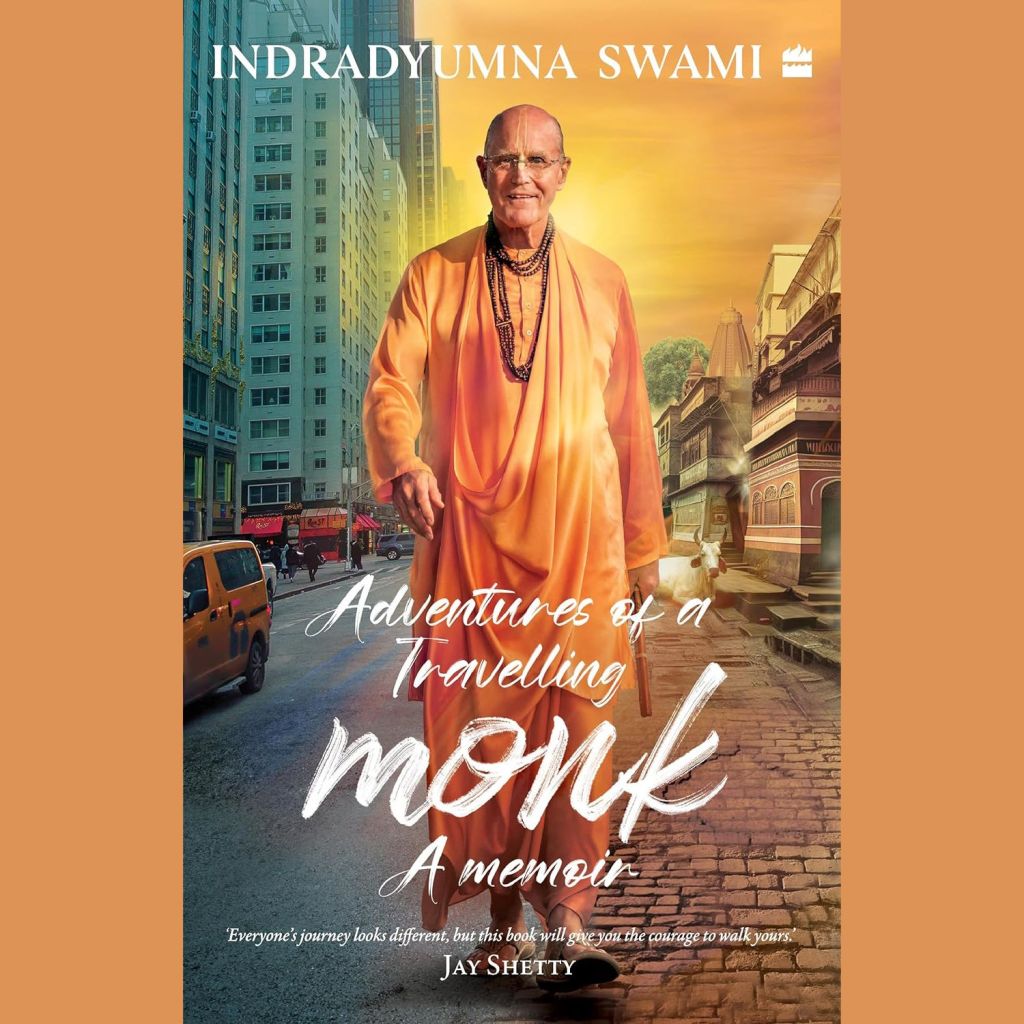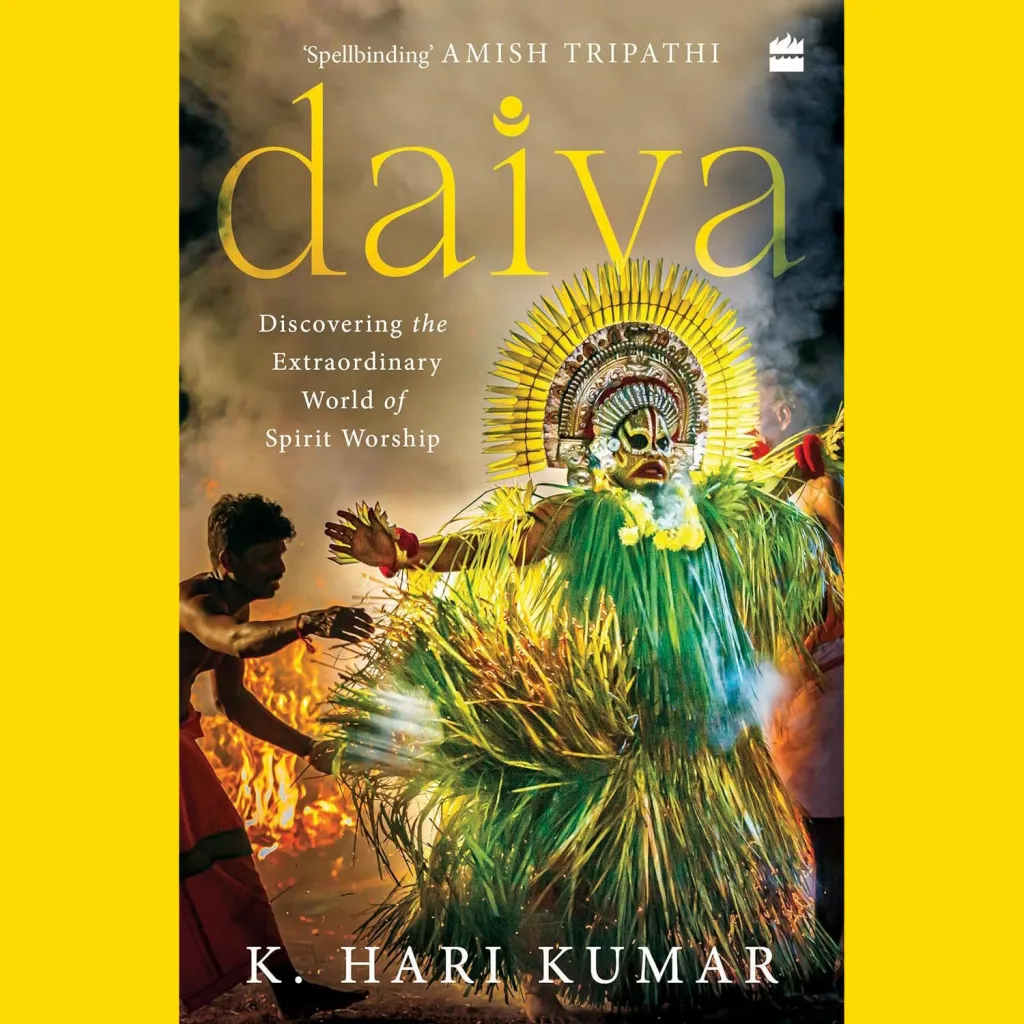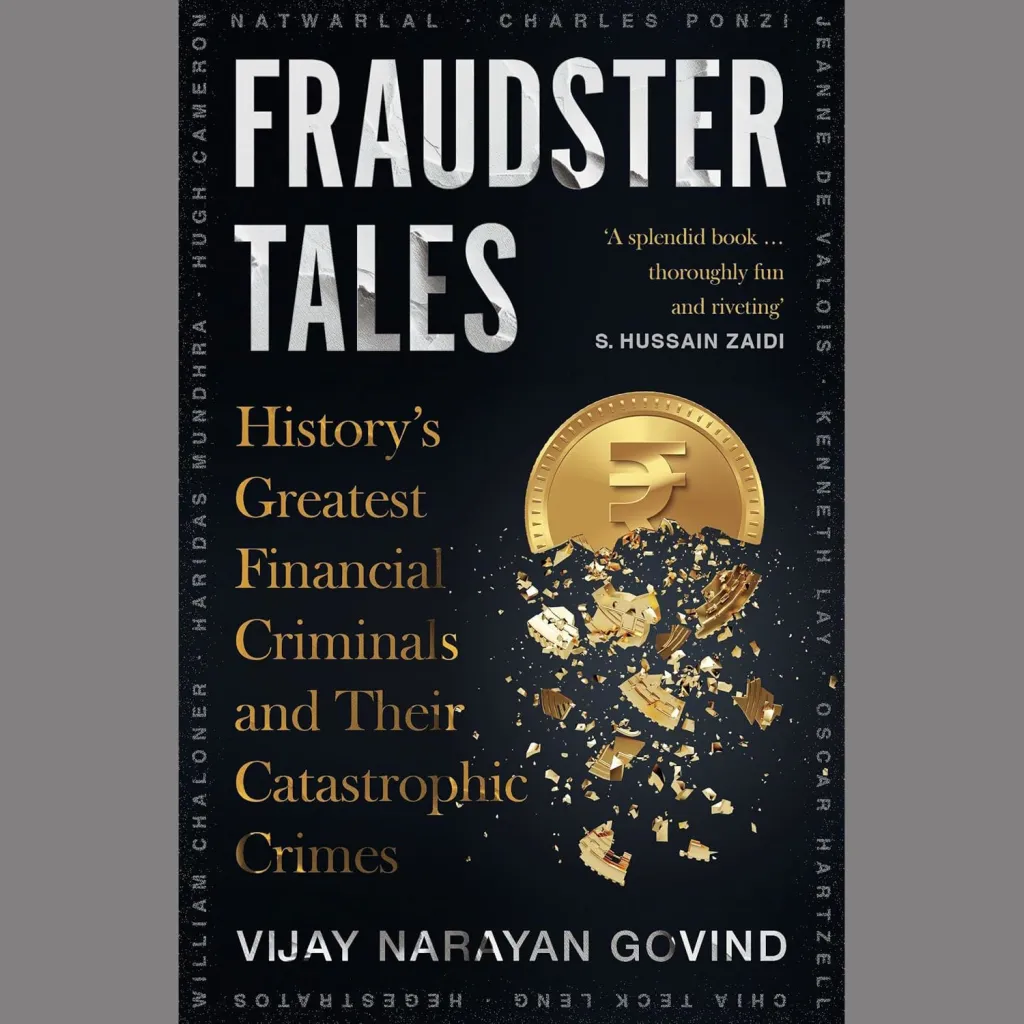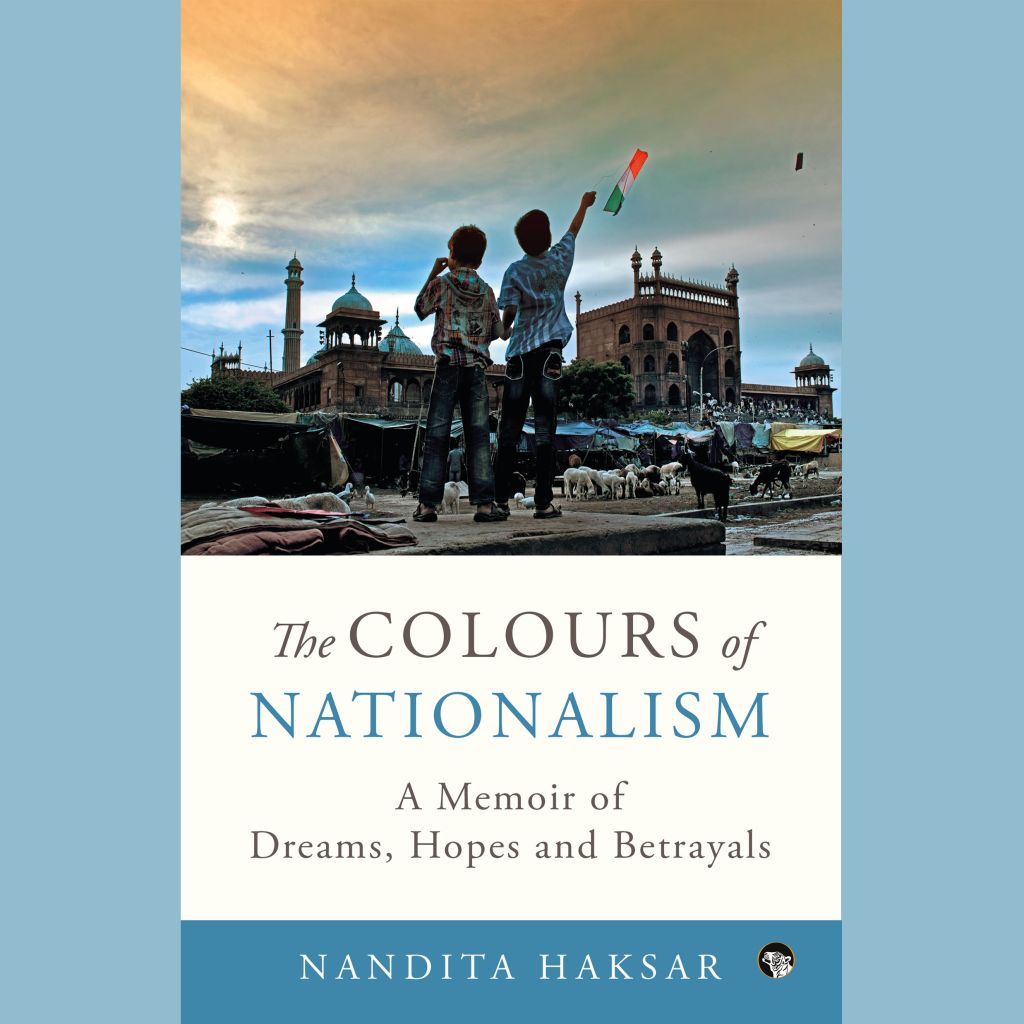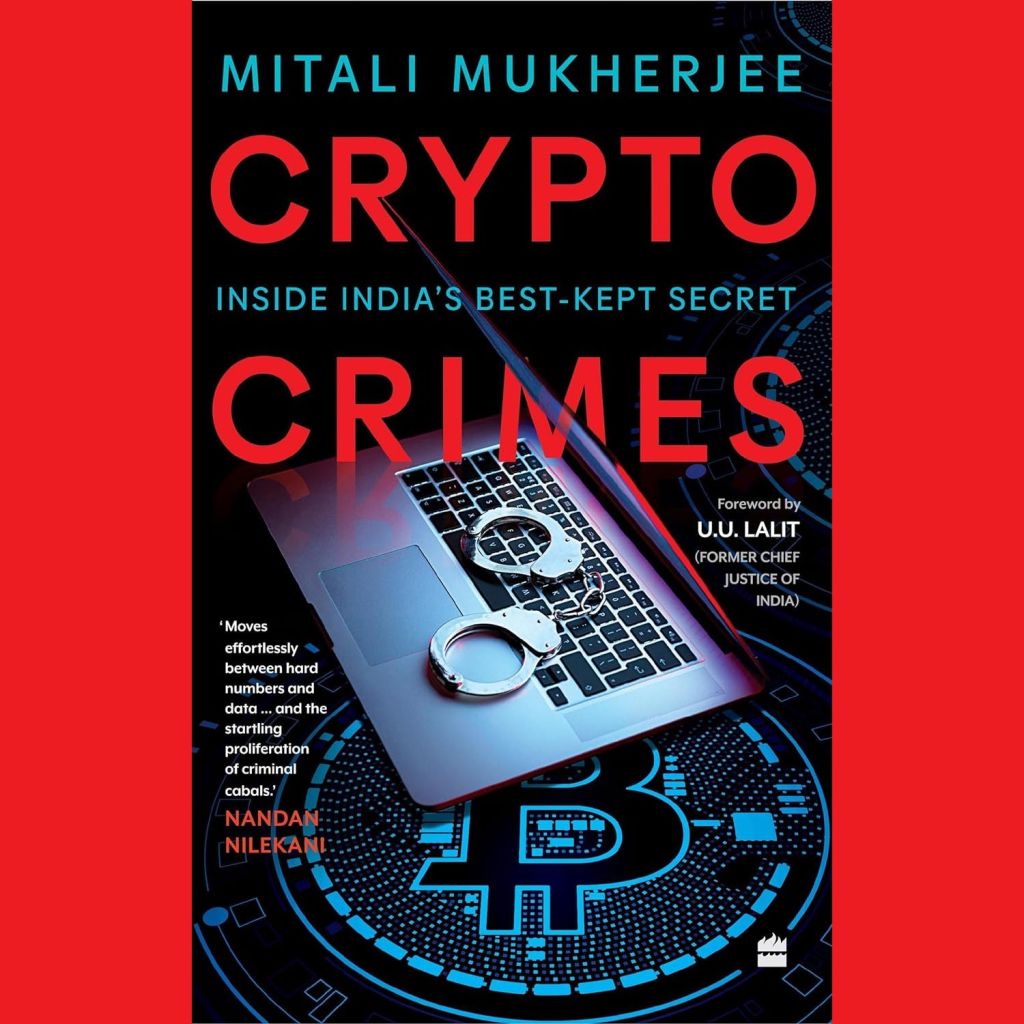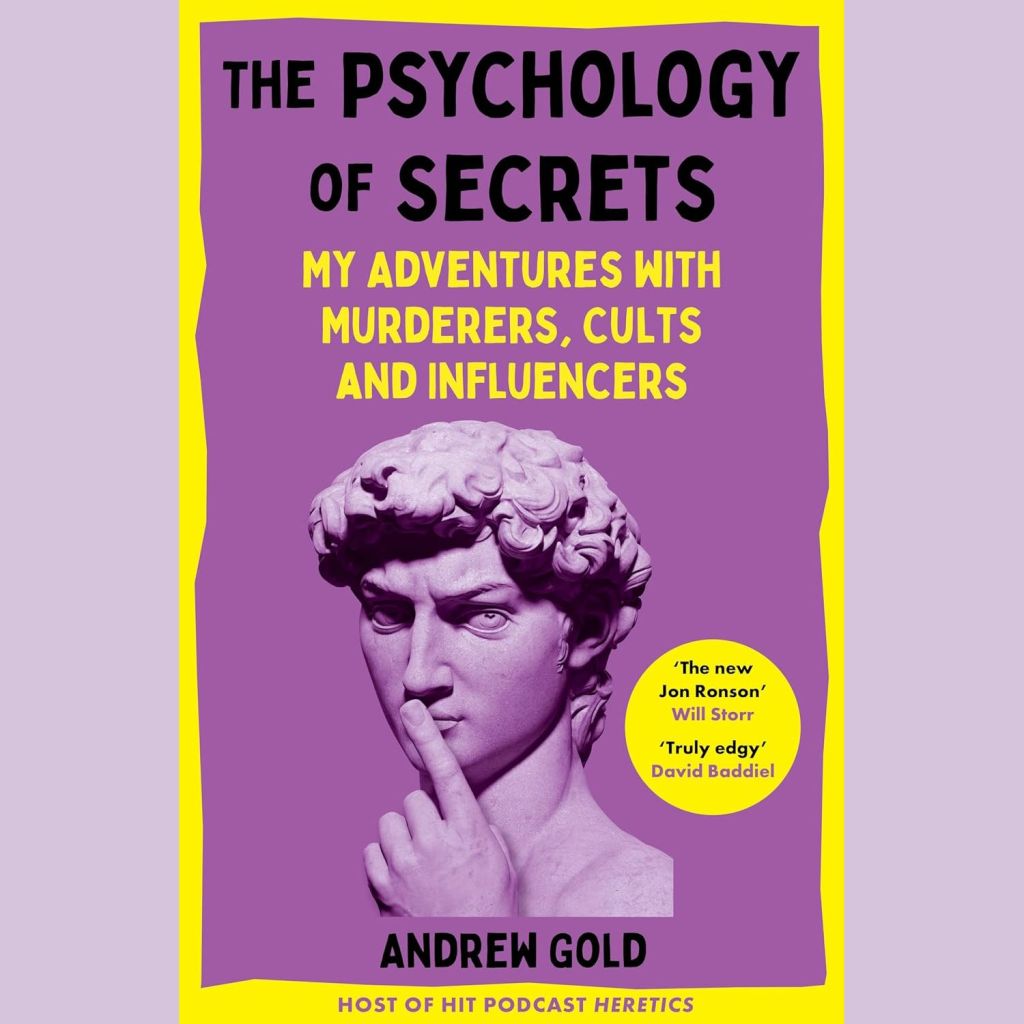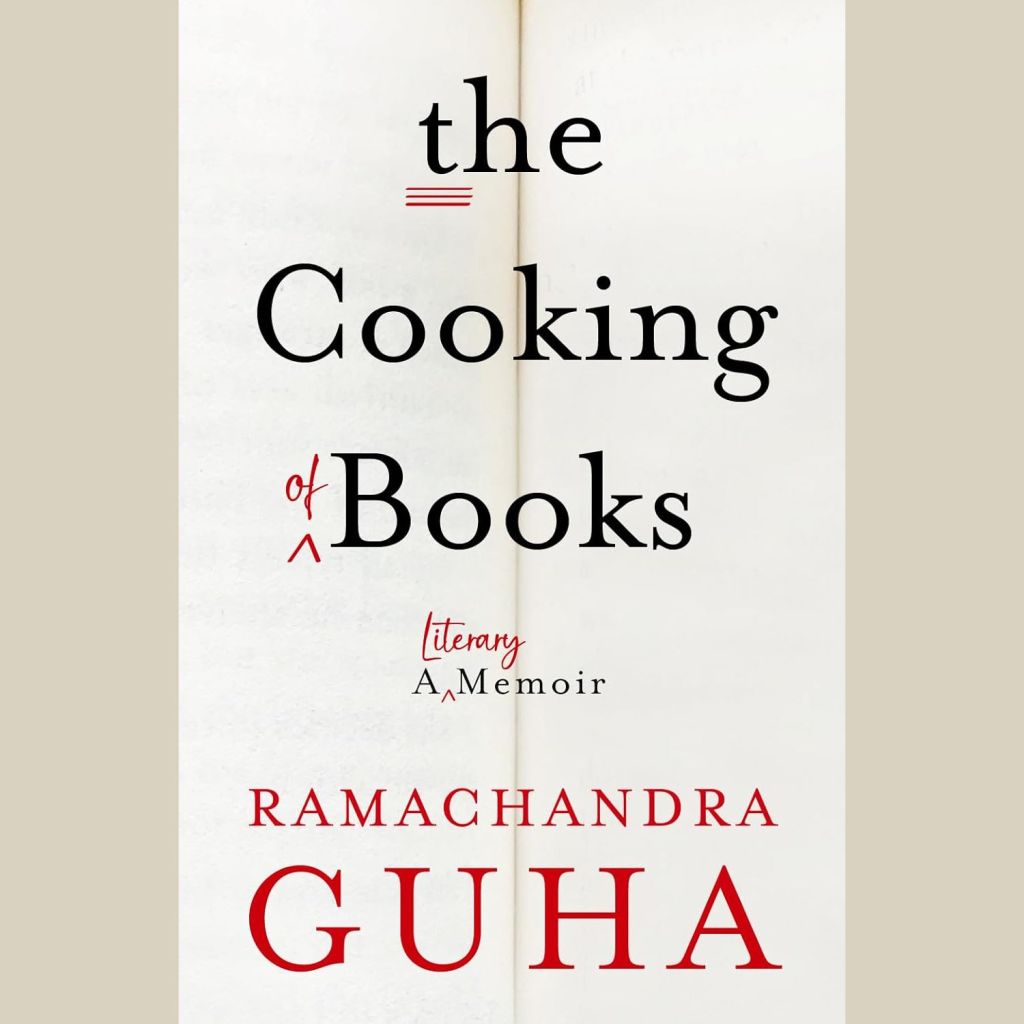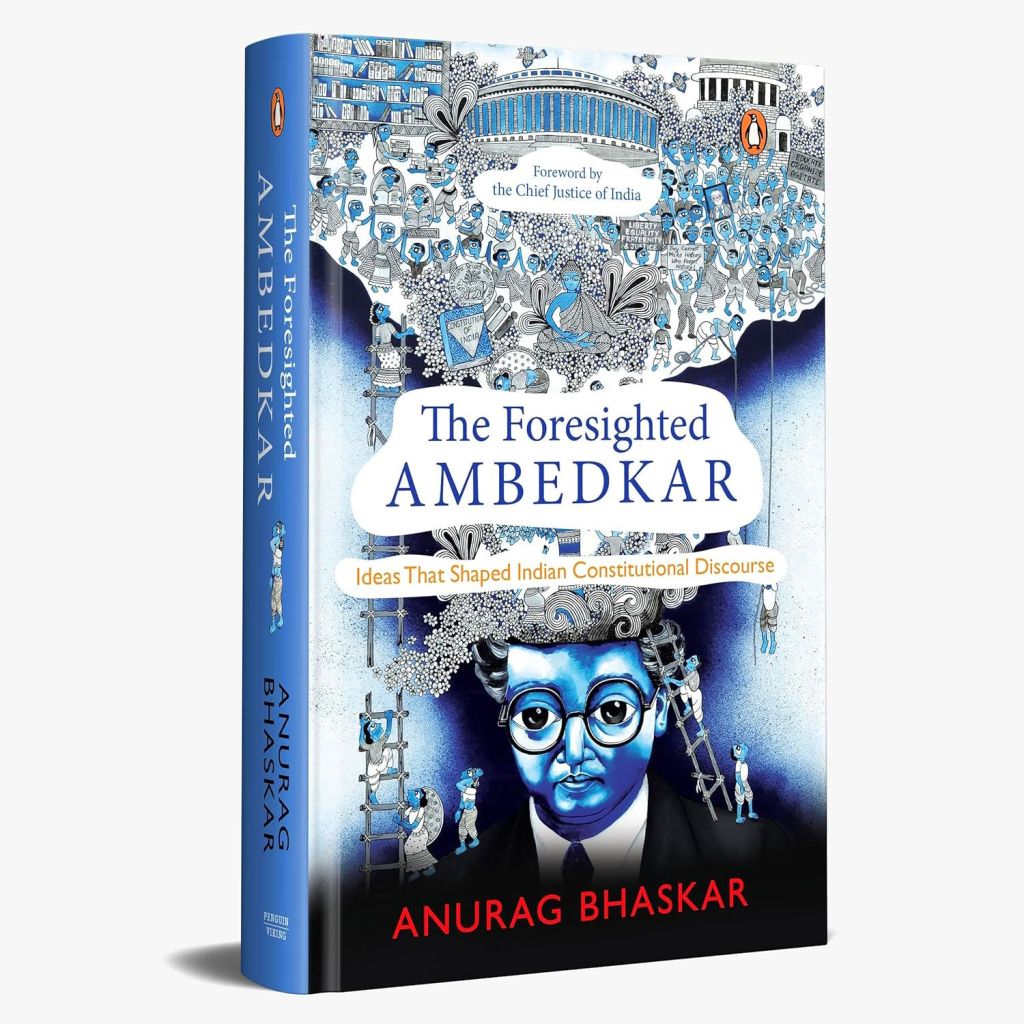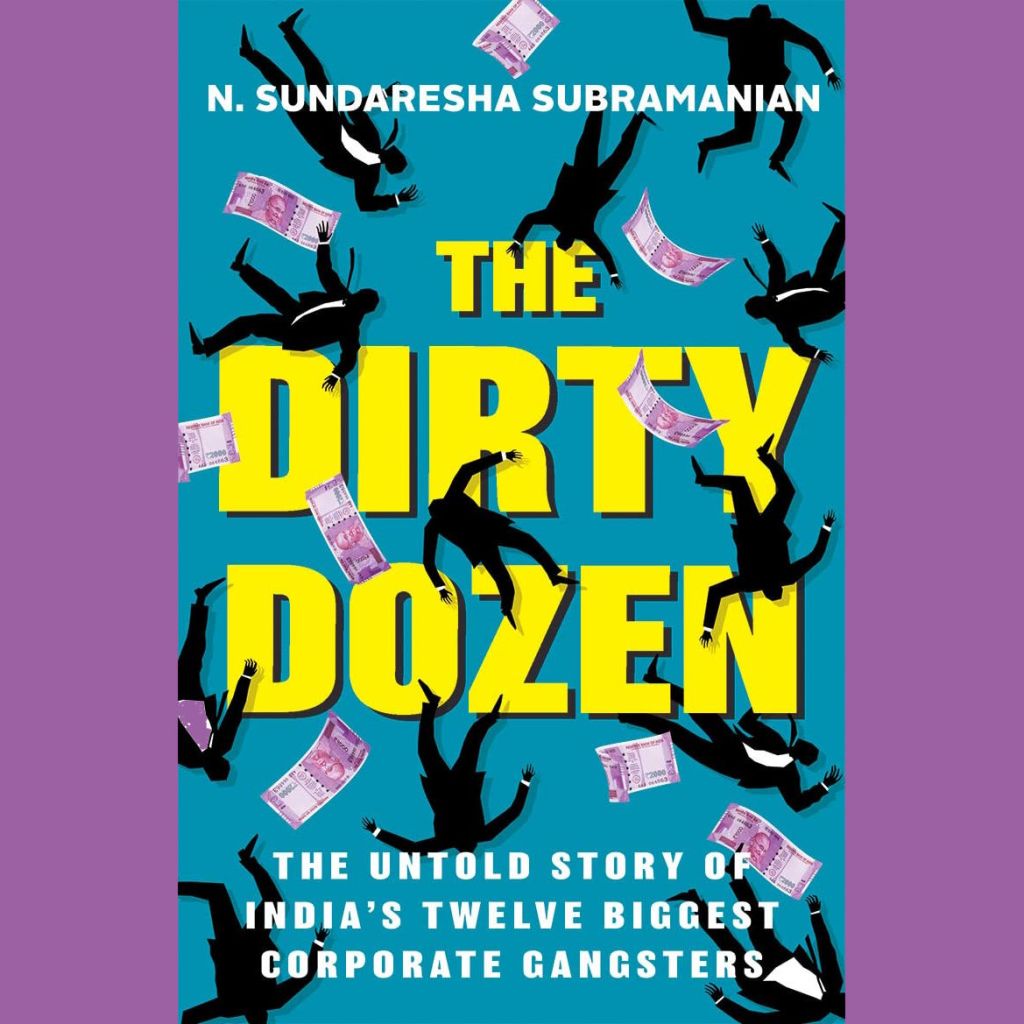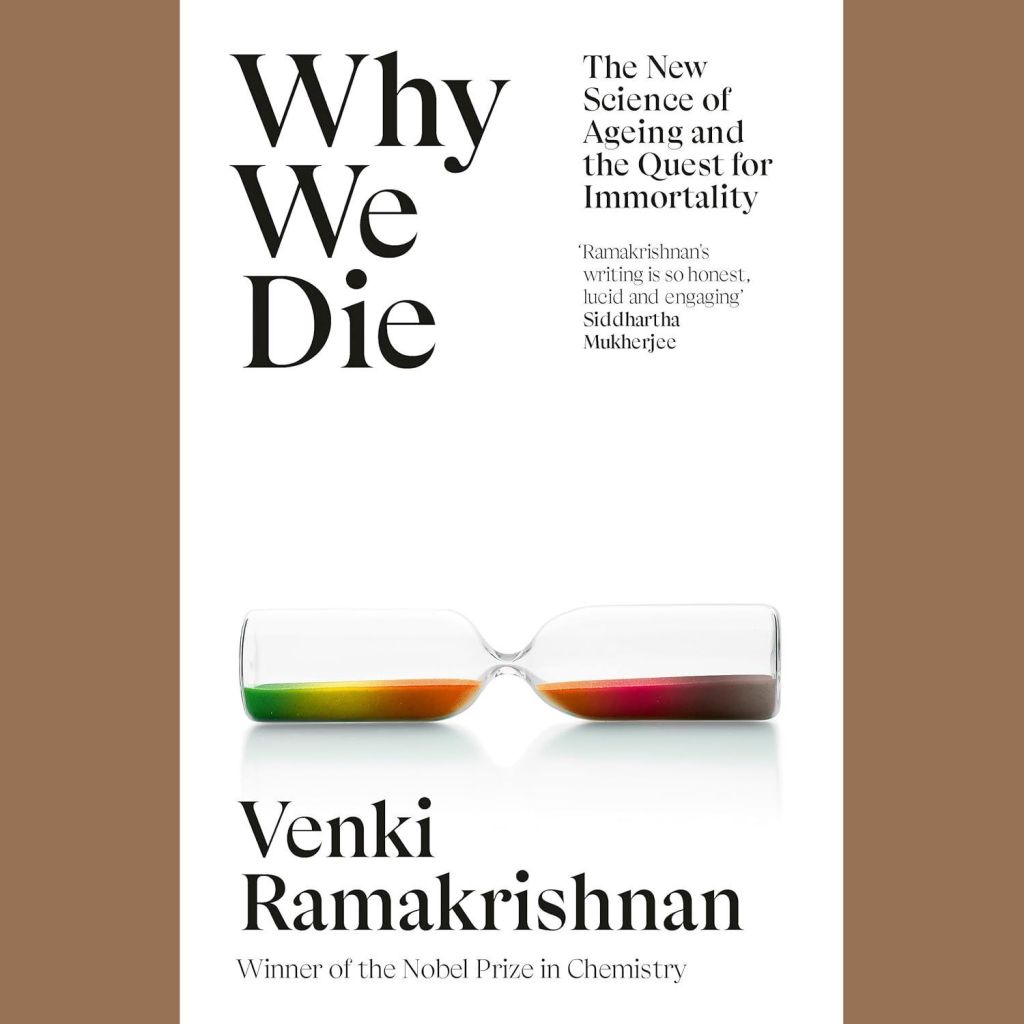A published author and a trained literary critic, Delhi-based Harshit is a brand marketing and content strategy expert who works with authors to help them promote their books. Harshit, who has a PG certificate in literary studies from the Liverpool Hope University in the UK, is also a publisher who wants his publishing house – SIM – to be different from other publishing companies. Here, he offers some insights into the book publishing business in India.
Tell us more about Shreem Info Media (SIM)? What kind of books and authors do you mainly focus on? In what ways do you aim to be different from other similar-sized publishing companies?
I started SIM with one specific goal – to publish good books that won’t be published by other publishers because of commercial reasons. Sounds like a not-for-profit venture, but I was clear and still hold onto the idea – a book is not a commodity. Every book will not sell like a pack of soap or instant noodles. That shouldn’t be the reason why great voices are not given a chance. If it’s a good story that must come out, we will bring it out even if it sells ten copies.
We are uniquely positioned as we handpick books based on literary value. We don’t have the pressure of sales or any other motive to compromise on the quality of our list. I am a trained literary critic, an author myself, a publishing professional with international experience and have genuine love for books and respect for authors. This is what makes us unique.
On average, how many pitches does SIM get from authors every month? What are the most important things that you look for, while deciding which books you’ll actually publish?
We receive more pitches than I can read. I look at every pitch myself before sharing it with our editorial. What we look for – a genuine perspective. An original story. Technically, I am not too harsh, as I know most authors that pitch us are first-time authors. Most of the time, a well-written story is a well-narrated story. It has the subtle quality of captivating a reader. If a book is trying to say something important and I can see the author trying, I always feel excited even if the book isn’t extremely well-written.
Authors should prepare their submission package well. Always read the publisher’s submission requirements and follow those. There’s nothing more annoying than a casual email saying, ‘PFA my manuscript, please respond soon.’ We need to see three chapters, author-bio and a synopsis of the book.
Unfortunately, we have publishing options now where just about anyone can publish if they can bear the cost. A lot of ‘traditional’ publishers do that openly. We have a ‘print on demand’ option for international authors who want to self-publish, but we still filter diligently.
Being an author yourself, how and in what ways do you work with other authors towards helping them promote and market their books?
The author must come forward and become a brand. Yes, the heavy selling has to be done by the author – who else knows your book better than yourself! Without an author platform, a book dies within a few weeks. The window of opportunity is really small. Based on my background in content-strategy, I always suggest that authors have a budget for marketing. Lots of content must be created around the book. That costs money. That content also needs to be distributed. You need an integrated strategy. For that, you ideally need people who are great content producers and also understand books. A rare combination.
A massive budget for marketing a book is not needed, and having one WILL NOT guarantee anything, but certainly will create enough noise. If the book is good, it will sell. Publishers, big or small, don’t have marketing teams. It’s not their expertise or business model. We offer some of the most needed and basic social media strategy, with in-house content production, to all our authors at no cost.
What strategies do smaller and mid-sized publishing houses implement to take on the biggies? For authors, what are the advantages of working with a smaller publishing company?
We can’t take on the big publishers. Thankfully, we don’t need to. The number of below-par and boring celebrity books or commercially commissioned books they have to publish to manage their costs is phenomenal. We don’t have that pressure – I keep it lean, small, and publish ONLY what exactly fits our vision.
Working with a smaller publisher is better, in my own experience as well. First timers should especially find a publisher who is accessible and really understands and loves your book. You don’t want to face a corporate email gateway. I have also met plenty of well-known authors who are completely disillusioned with their publishers. The reasons are the same – they can’t find people in that big building who really understand their sensibilities and their book’s unique voice.
Do you yourself read a lot? What’s your favourite genre and what are some of your favourite books? Any favourite authors?
I am a reader first, then anything else. My favourite genre changes all the time; I read anything well-written. My favourite authors are those who have stood the test of time and my opinion of them hasn’t changed over decades – James Joyce, Virginia Woolf, Ernest Hemingway, TS Eliot, WH Auden, Philip Larkin, George Eliot, Salman Rushdie, O Henry, Premchand, Ramdhari Singh Dinkar and many others.
Tell us a bit about your own book, A to B. What are the most important things you’ve discussed in the book, and how have readers responded to it?
The book was aimed at understanding how great brands build their story. Being a literary person, I needed an analogy to work with the idea and I found it in Arabian Nights: Tales of 1001 Nights. A displeased king, hellbent on marrying every night and killing the queens at the break of dawn. Then comes Scheherazade, a young princess with a plan. Her goal – to survive the first night. Win another, and another until it reaches a neutral status-quo. Just like a brand – Kings allow you one night (a finite amount of time) to impress. Fail to do that and you will be replaced. A great brand finds a way of weaving never-ending stories to keep winning nights. The book has done well and I am humbled by feedback from readers.
In what new directions do you see the book publishing industry in India moving, in the next five years?
I see a lot more self-publishing and vanity-publishing options springing forth. Even a quick Google search shows tons of ads for this. I don’t mind this trend – at least people are writing and taking it seriously enough to spend money on it. I want to see more authors getting a chance to write web/digital/film content. Big publishers will continue to toe the line of finding ‘big’ authors. Amazon KDP is all set to disrupt self-publishing.


